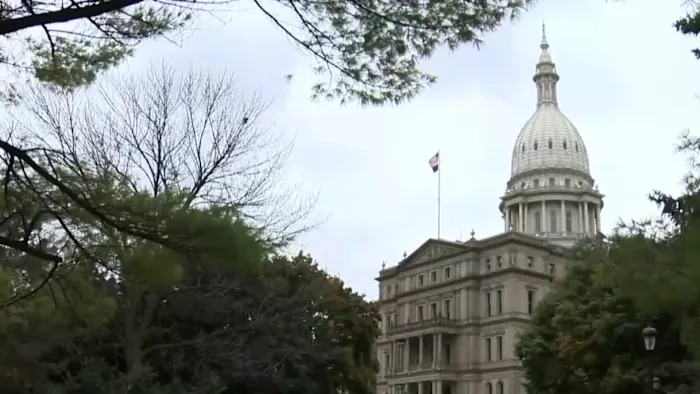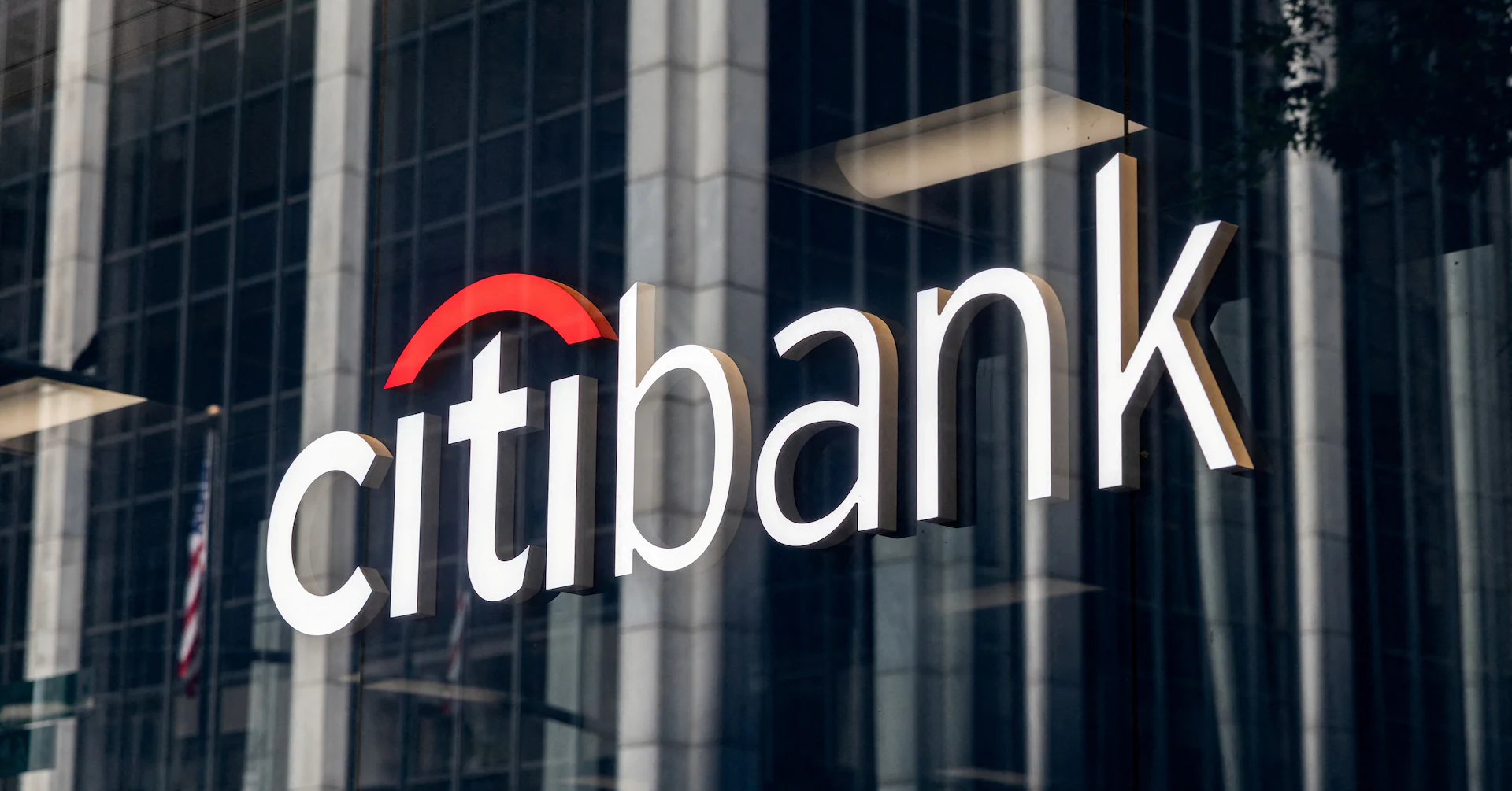
LANSING, Mich. – As Michigan lawmakers race to prevent a government shutdown before the next fiscal year, a proposed 24% wholesale marijuana tax has emerged as a controversial solution for road funding in the new state budget.
The tax proposal is a bipartisan compromise, but cannabis businesses warn it would be a major hit to Michigan’s cannabis market.
“That was a piece that we looked at other comparable states, and Michigan was probably one of the lowest in the country as far as marijuana tax, so that was an area that was negotiated on,” said Rep. Mike Hall, a Republican who represents Michigan’s 52nd District.
“The industry can cry wolf as much as they want, but at the end of the day, this isn’t a tax on working families, this is a tax on marijuana, which is a luxury,” said Rep. Alabas Farhat, a Democrat who represents Michigan’s 3rd District.
Gregory Andric, a partner in three local Detroit-based cannabis companies, sees the tax as a potential breaking point for many businesses.
“It’s going to put people out of business. It’s going to cause layoffs. The margins have become so slim,” said Andric, who operates Utopia Gardens, Utopia Extracts, and Utopia Farms – vertically integrated companies that handle everything from growing to retail sales.
Andric said the state’s marijuana market already faces significant challenges, including market oversaturation and cannabis oversupply.
He argues that adding a new tax burden could prompt consumers to seek alternatives outside the regulated market.
“That’s another reason that we’re at a competitive disadvantage,” Andric said. “We’re already paying huge licensing fees, we already pay 10% excise tax at the point of sale on top of regular sales tax, and just the cost of compliance in general.”
Andric believes the added cost could drive consumers to purchase products in neighboring states or turn to black market or gray market products.
“We are deeply concerned about the shortsighted tax hike currently under consideration. The proposal to raise cannabis taxes to 24% would give Michigan the highest rate in the nation—well above states like California, which recently repealed its 19% tax after recognizing how harmful it was to the legal industry.
This move would unfairly punish Michigan’s regulated cannabis businesses, many of which are already working hard to stay afloat in a challenging market. Instead of supporting local operators who create jobs, invest in communities, and follow strict regulations, this tax increase would drive consumers back to the unregulated, untaxed illegal market.
We urge lawmakers to reject this proposal and work with industry stakeholders to create policies that promote fairness, sustainability, and growth—not policies that threaten to undo the progress Michigan has made in building a safe, legal cannabis marketplace.”
Liberty Cannabis, another Detroit-based cannabis company, provided the following statement to Local 4
Lawmakers are expected to vote on the new state budget on Tuesday, ahead of the Oct. 1 deadline.



